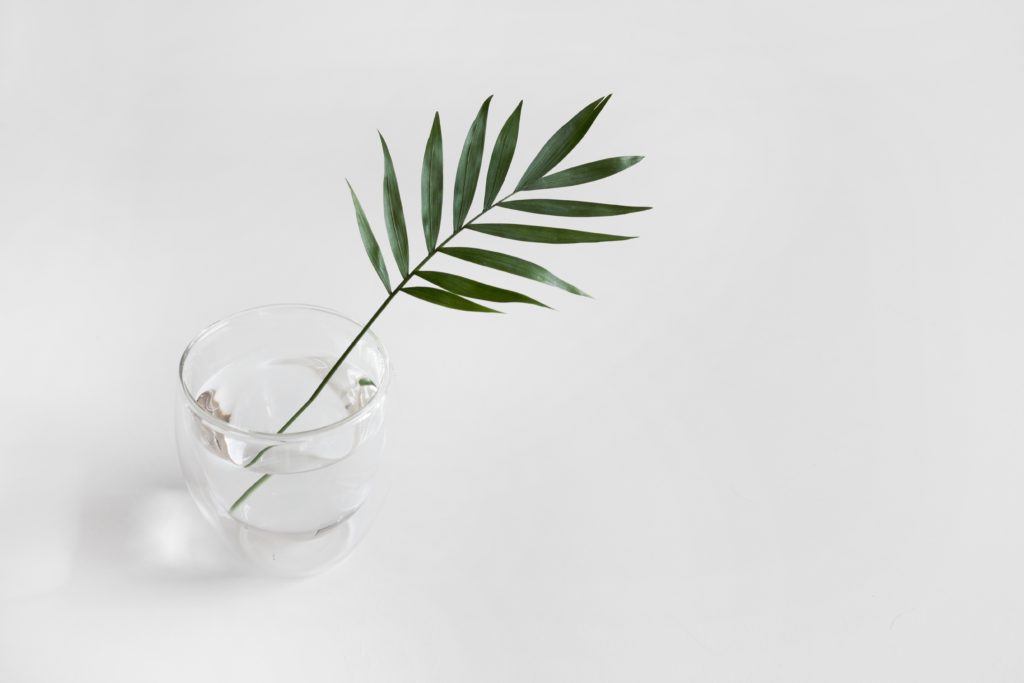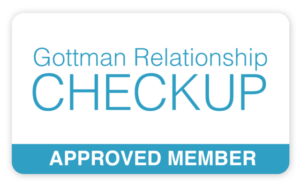
How Clutter Becomes Us
Originally published as Tidying Up? Why It’s Harder Than ‘Does This Spark Joy?’ in WebMD
We accumulate a lot of things in the course of our lives. Some of it we need, some of it we don’t. Collecting objects and loving things is natural—children do it from an early age. Babies and toddlers use blankets and stuffed animals for security. Collecting toys gives way to buying jewelry, clothing, art, cars, and all sorts of other adult things. Our stuff becomes part of how we see and define our Self. The objects we own have stories to tell and we regard our possessions as part of ourselves. To some degree, possessions come to define us. But some of the stuff we hold onto may be holding us back from living fully.
Much of what we own can be unnecessary and arouse unhappy reminders of things we would be better off letting go of. For instance, impulse buying—or retail therapy—is often an attempt to fill an emotional need, but ultimately it doesn’t fill that need. Think about how much time you spend shopping online. How much of it is really stuff you need or is it something you crave because an algorithm knew what to make pop up on your screen?
Seeing some of our unused and unloved purchases around our house can feel bad. That black dress that you never wore may have been an aspirational purchase—a reward for losing ten pounds. As time passes, the dress hangs in the closet, price tags still attached and is passed over countless times as you grab the comfortable dress. We eventually don’t even see the dress but can still on an unconscious level feel pangs of sorrow or guilt for not meeting another goal. The dress either gets squashed at the back of the closet or we hang it in sight, where it becomes a reminder of what we didn’t do.
What Grandpa cherished and passed down may not be something you cherish. The emotions evoked by his precious carved turtle are complex. Grandpa may have been very stingy so owning something he gave may feel like holding onto his love. Donating that turtle after his death could feel like a betrayal. Maybe if you think about it, you don’t even like it.
Once we do become aware that our stuff is having a negative impact on our lives, knowing what to toss and what to keep can be difficult. The emotional attachments we have to our stuff makes it a more complex process than just making the often suggested three piles: garbage, donation, and keep. Letting go can bring up strong feelings such as sadness, shame, regret, and loss. That is why we often would prefer to pay someone who has no memories or stories about the stuff to do it for us. I have had clients who paid an organizer and when the black garbage bags left the house they feel immediate relief. It’s not that they need to keep all their kid’s artwork and stuffed animals—it’s that they feel guilty making the decision to throw them out.
According to Marie Kondo, author of The Magic Art of Tidying Up and star of the Netflix show Tidying Up, if you hold an object and it doesn’t bring you joy, then toss it. Joy is a confusing concept when it comes to material possessions. Many people have trouble experiencing joy at all. And how can a shirt bring joy?
To refine this a bit, ask yourself questions about what the stuff means to you, good, bad, or neutral. If something brings up difficult or indifferent feelings, then let it go. Decluttering can be an amazing exercise in self-awareness and exploration that can inform how you buy and collect things going forward.
Some questions you can ask yourself as you go through your stuff:
- When I look at this vase (or tablecloth, or dish set) what do I feel?
- Does it make me feel sad that I bought it and never used it?
- Do I feel shame that I made another impulse buy and it was never cared for?
- Was this something I bought to make me feel better in the moment, but it was quickly shoved in a cabinet and forgotten.
- Did someone I loved give it to me as a gift, but that friendship died years ago. Many of our possessions are collecting dust, which certainly doesn’t feel good.
Taking the time to really look at your life from the vantage point of what you own and what it means to part with possessions can be enlightening. One suggestion to make it easier to let go of something is to take a photo and add it to a digital diary with your annotation. When did I acquire this and what was going on at the time? What did it mean to me then?
As you get rid of your old possessions, notice the spaciousness you feel not just in your physical environment, but in your mind-body-spirit. The end result is that by purging the stuff that is bogging you down, you’ll have room to flourish.


Leave a Reply